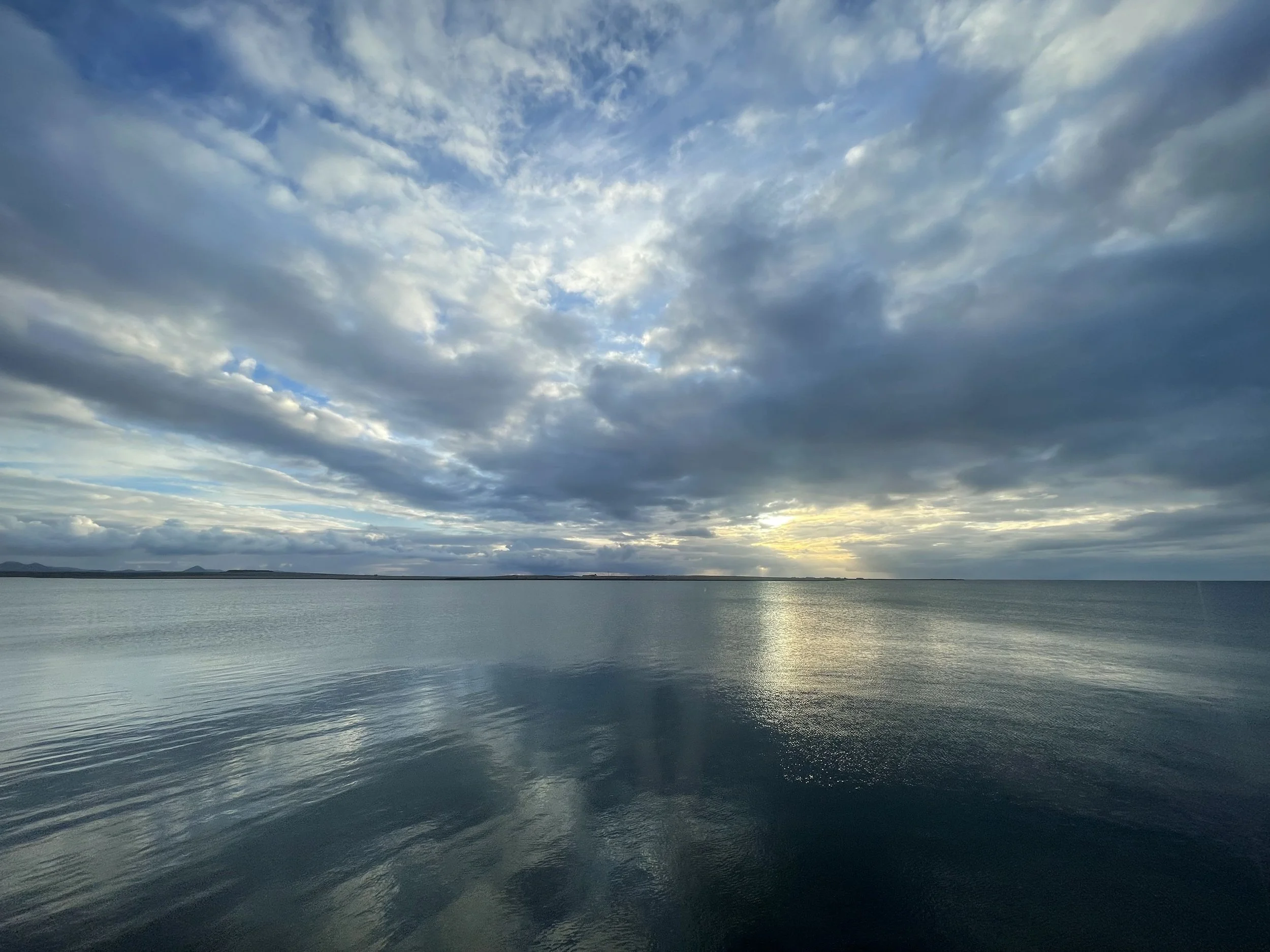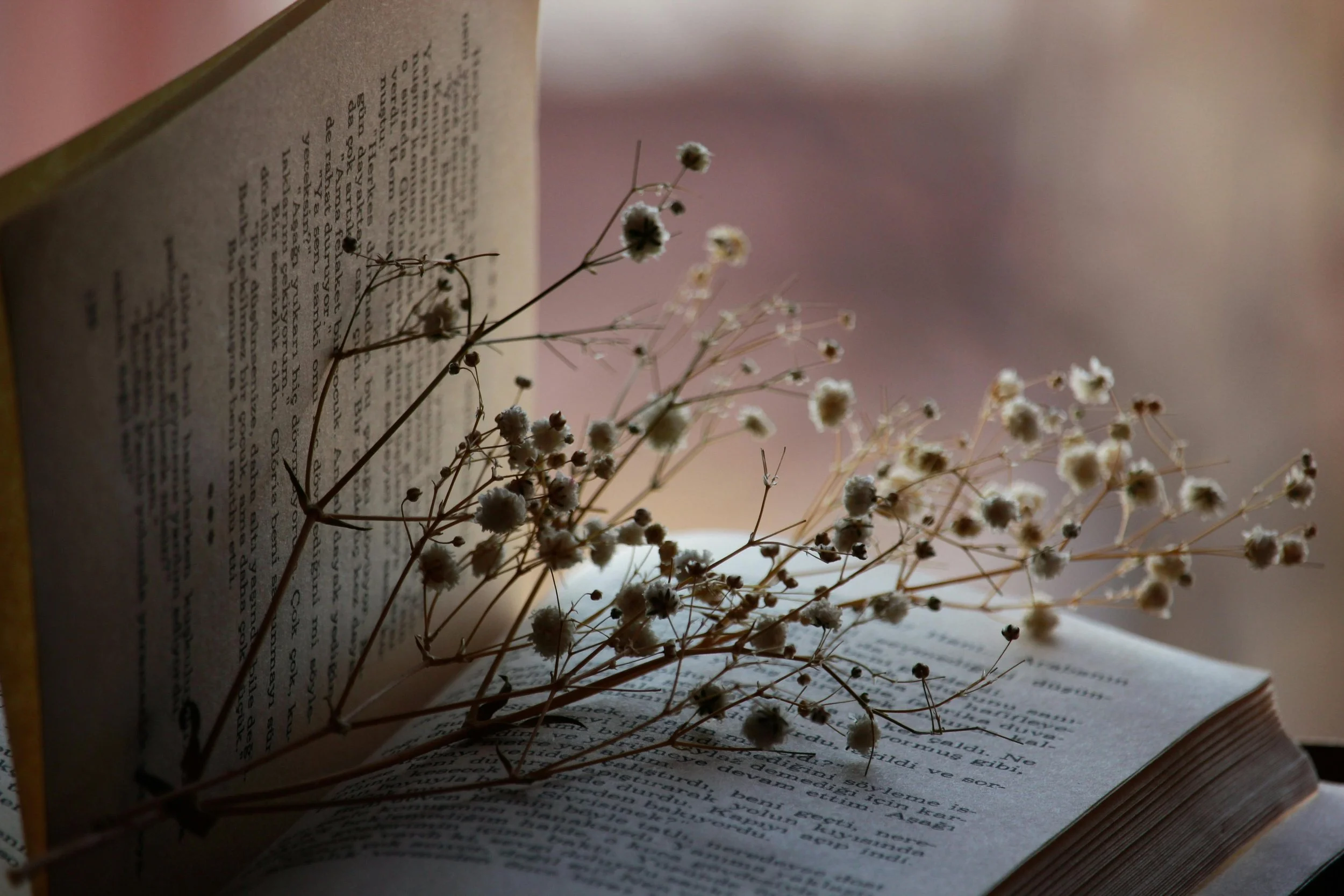A simple discussion several years ago about how to celebrate the 45th anniversary of the Interreligious Council of Southern California‘s (IRC) led to exploring the importance of fostering stronger relationships and bridging the gap between the older and rising generations of faith-inspired leaders. It turned out these members of the IRC and the Center for Religion and Civic Culture (CRCC) at the University of Southern California had touched on a growing concern.
Join Your Name to the Global Climate Movement
On the evening of Sunday December 7, faith communities around the world staged vigils, calling for climate action. These vigils were organized through the Our Voices campaign, a global multi-faith campaign expressing the moral imperative behind climate change, of which Religions for Peace USA is a continental partner.
Changing the Face of Our Nations
“The camp was a life-changing experience for me. It was the most fun I’ve ever had. It was the most eye-opening experience I’ve ever had. And I made some of the best friends I will ever have.”
– Tamar, American 14-year-old
On Being a Muslim Parent
Last year, as I was unpacking my son’s school backpack, I found the children’s book on the Prophet Muhammad that my wife and I read to him at night. He had brought it to school without telling us. “It was for show and tell,” he explained to me.
Getting to Know You While We’re in Turkey
What happens when a Muslim, a Christian, and a Jew walk down the street together? The beginning of a bad joke, right? Wrong. The Muslim was Plemon el-Amin, imam of the Atlanta Masjid of Al-Islam. The Christian was James Lampkin, senior pastor of Atlanta’s Northside Drive Baptist Church. And the Jew was Sherry Frank, executive director of the Atlanta Chapter of the American Jewish Committee. The street was Yerebatan Caddesi in the old city of Istanbul. The year was 2002. This walk marked the beginning of a remarkable experiment in interfaith community-building by a city nearly 6,000 miles away.
The Joy of Interfaith Friendship
by Marcus Braybrooke
Friendship is becoming a subject of theological discussion, although the actual experience of friendship – or fellowship, which was the chosen term of Francis Younghusband…
Finding Light in the Midst of “Devil-worshippers”
As we’ve watched horrific reports of the “Islamic State” terrorist organization this year, most Americans have heard about a religious/ethnic group called the Yezidis1 for the first time. However, the stories of Yezidi refugee families being displaced and attacked by ISIS fighters leave out an important fact: across the Near East, Yezidis are known as “Devil-worshippers.” Perhaps editors assumed this would be too difficult to explain to American audiences.
On Raising Hindu Americans in Detroit, Michigan
As a first generation American who grew up in India, it seems counter-intuitive, at first, to be writing about growing up Hindu in America. Reflecting on my experience as a parent raising two Hindu American teens, though, a 19-year old and a 13-year old, I feel emboldened to put ‘pen to paper’ and share my thoughts.
Navigating Life as Second-Generation Americans
I’m the daughter of second-generation Americans (SGAs). My four grandparents immigrated to the United States in the early twentieth century to escape desperate economic conditions and the grinding anti-Semitism they faced as Jews in Eastern Europe. Each settled in the Midwest United States and eventually in Omaha, Nebraska, where there was and remains a small but vibrant Jewish community.
Why Are We Buddhists? Korean-American Perspectives
Scholars of American Buddhism generally categorize Buddhism in America into two groups: “Asian immigrant Buddhism” and “American convert Buddhism.” The former refers to the Buddhism that immigrants from Asian nations brought with them and continue to practice in the new land, whereas the latter indicates Buddhism practiced by westerners.
Mastering Dual Identity
In Changing Faith: The Dynamics and Consequences of Americans’ Shifting Religious Identities (2014), Darren Sherkat writes the following:
Immigrant religion is not merely a sideline. “Real America” is not western European sectarian Protestantism. Real America is defined, produced, and reproduced by waves of diverse immigrant groups assimilating into or accommodating with a dominant Anglo-dominated culture.
Why Hindu Americans Should Care about Advocacy
About seven years ago, I found myself in the rather awkward situation of having to describe advocacy to my Hindu friends. I had just left a consulting job to join the Hindu American Foundation (HAF) as a fulltime staff member. Speaking with Jewish or Christian friends was easy: they generally nodded their heads in understanding when I explained that HAF is an advocacy group for the Hindu American community. But the response from most of my Hindu friends was a blank stare. And my attempts to explain the breadth of HAF’s advocacy efforts – from education and curriculum reform to media outreach to human rights – barely did anything to alleviate their confusion.
Religion, Globalization, and Modernity
Modernity equates to a secular view of the world. Religion will slowly wither away. Globalization is a new force in the world, spreading modernity, finally spelling religion’s death-knoll.
Peace in Middle East Will Come Only with Help from All of God’s People, says Yehezkel Landau
PULASKI, Tennessee – There will be peace in Israel and Palestine, Professor Yehezkel Landau – founder of a joint Jewish-Palestinian-Christian peace initiative in Israel – told a small group of Middle Tennessee religious leaders during the first evening of a three-day conference, Our Muslim Neighbor Initiative. But religious leaders must be part of building that peace.
Dharma and the Death of My Father
On April 1,t 2004, my world turned upside down. I was rushed from the middle of a normal day at junior high school and was immediately brought to the hospital bedside of my father, who had just been diagnosed with terminal cancer. I remember walking into the four-occupant hospital room. The walls glowed with a melancholy yellow stain. I saw his face, which defined the word defeated. As a Japanese immigrant, raising a family of his own in a new country, I cannot imagine how he felt when he received his diagnosis.
How a Muslim Experienced Agape at Puja
In the tradition of Thanksgiving, I would like to show my appreciation for the unique interfaith environment at Georgetown University. Here is a story of how a devout Muslim learned about the Christian concept of agape by engaging with the Hindu community.
Will We Become a Nation of Hybrids?
My traveling companions on the train from Rome to Milan were two extremely good-looking young couples in their late 20s and early 30s – two sisters and their husbands – on their way back home to New Jersey after a ten-day impulsive Italian vacation. They had stumbled on a travel deal too good to pass up: round trip tickets on the Emirates Airlines from New York to Milan for $480.
A Prayer in the Beginning
Last week I was in a Moroccan restaurant in Seattle and had a unique experience: The very nice Palestinian man who ran the restaurant started speaking to me in his Shammi (Eastern) Arabic, and I responded in my good Moroccan Darija over mint tea and cookies. He was shocked to hear a non-Arab speak Arabic in a proper dialect, and when I told him I was Russian he said “No, no it can’t be! Arab blood runs in your veins!”
The Shifting Terrain of Interfaith Relationship
TIO: As a second-generation American Muslim, raised in Chicago, with a doctorate from Oxford, you are an examplar of meeting the challenge of growing up in one culture and navigating the culture we share today. Your books unpack the complexities of ‘growing up Muslim in America’ beautifully, vividly. And today you relate to thousands of young people in American universities and colleges, coming into constant contact with second-generation religious minorities. Could you share the biggest challenges they face collectively?
Growing Up Sikh in the Diaspora
Meji Singh did not grow up in the Sikh diaspora but in the religion’s homeland, India’s Punjab, in a family spiritually grounded in daily Sikh practice. But he has spent more than two-thirds of his life in the United States preoccupied with children and young adults, learning, and how to create mentally healthy communities. As a professor, consultant, spiritual teacher, organizer, faith and interfaith activist, he brings special gifts for what he calls behavioral consultation healing.








